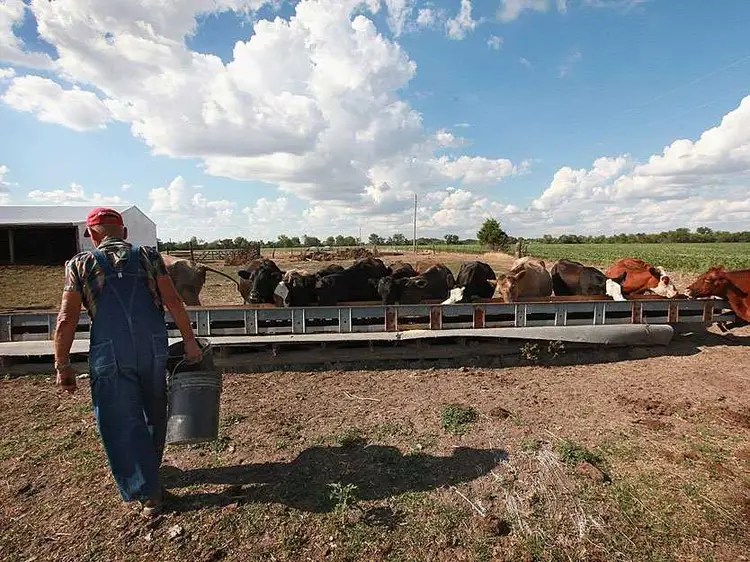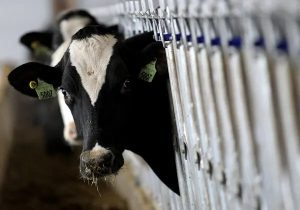
Since the 2018 Farm Bill expired, many farmers and others are wondering when the new legislation will be written, and that’s impossible to answer at this point.
But a new farm bill will be written because of what is called the “dairy cliff,” according to those familiar with the farm bill process.

That’s due to non-expiring commodity support provisions in the 1938 and 1949 Farm Bills known as “permanent law.”
Members of Congress decided there are certain commodities that society should not live without and whose production needed to be protected. To do that, they established permanent law to create a safety net for milk, wheat, rice, cotton and corn, said Pete Kappelman, senior vice president of member and government relations for Land O’Lakes.
Expensive milk
For milk, the provisions use the average price dairy farmers received from 1910 to 1914 adjusted for inflation, and USDA would support the price of milk at 75% of that parity price, he said during a livestream session at the World Dairy Expo in Madison, Wis.
Every farm bill since suspends that permanent law, he said.
“When a farm bill expires, you go back to the permanent law because Congress thinks that we … should still protect those commodities at risk,” he said.
The parity price for milk would calculate to $50.70 a hundredweight, according to a report this summer by the Congressional Budget Office, he said.
The government would have to buy enough butter, cheese, nonfat dry milk and whey to support a farmgate price of $50.70 cwt. and then put it somewhere, he said.
“So this would not happen, but ultimately that’s the cliff … we seem to be good at getting near the cliff without ever really going over the cliff,” he said.
Force the issue
Congress does it this way to force itself to write a farm bill because parity pricing is not a viable option, said Gregg Doud, COO and incoming CEO and president of the National Milk Producers Federation.
There have been a lot of farm bill meetings, and congressional staffers have been going through and amending the law, deleting and inserting items. Every time a change is made, it has to be submitted to the Congressional Budget Office to calculate the cost of each specific change, he said.
All that information goes to the chairs of the Senate and House agriculture committees for a markup. The markup then goes to committee members, and a committee markup is scheduled, he said.
“So we are … just a couple of weeks away from that critical step in the process,” he said.
House speaker
Then it will be interesting to see how the committee members react and what they do based on personal priorities or regional preferences, he said.
“You’re not going to get it done this year. That’s just impossible, particularly considering that you don’t have a speaker of the House,” he said.
Then it will be a matter of whether getting a farm bill done is a priority for the new speaker. Until that is known, it’s impossible to know what the timeline is, he said.
The alternative is an extension of the farm bill that expired. And no one should assume an extension is a layup, he said.
A presidential election year could also affect the timeline, Kappelman said.























